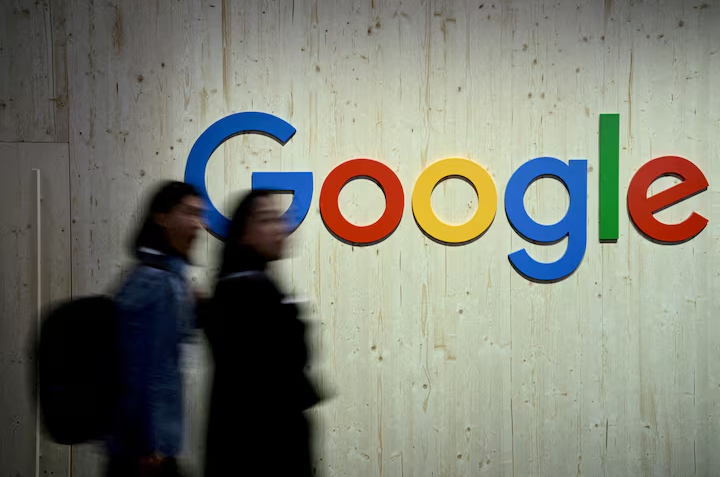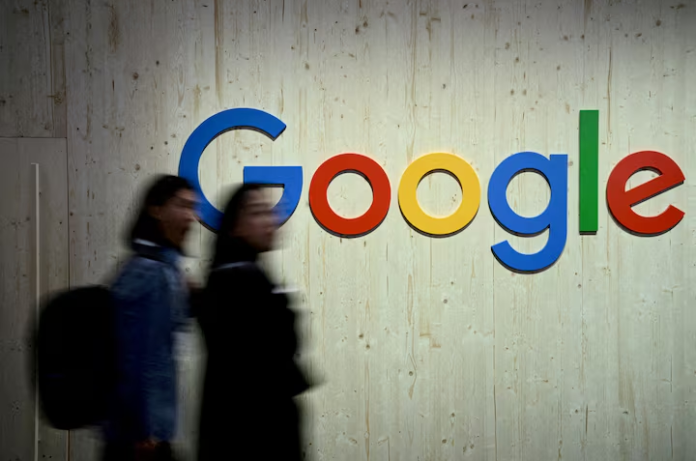Tech powerhouse Google has announced its intent to appeal a U.S. federal court’s ruling that found the company guilty of illegally monopolizing the online search market. The company, owned by Alphabet Inc., issued a statement on Saturday confirming its disagreement with the court’s decision and its plan to challenge the verdict.
In a post on X (formerly Twitter), Google stated, “We will wait for the Court’s opinion. We still strongly believe the Court’s original decision was wrong and look forward to our eventual appeal.”
The Courtroom Battle
The case has been making headlines as one of the most significant antitrust battles in tech history. U.S. District Judge Amit Mehta recently heard closing arguments on how best to restore competition in the online search space—without fully adopting the 10-year regulatory proposal put forward by federal antitrust enforcers.
Back in April, Judge Mehta ruled that Google held illegal monopolies in online search and advertising technology. The U.S. Department of Justice (DOJ), along with a coalition of state attorneys general, argued that Google should be forced to divest its Google Ad Manager, which includes a powerful publisher ad server and ad exchange system.
Billions in Default Search Deals at Risk
Among the DOJ’s key concerns is Google’s practice of making multibillion-dollar payments to companies like Apple and Android phone makers to ensure it remains the default search engine on devices. These default placements, they argue, give Google an unfair advantage by suppressing competitors and maintaining its dominance.
Additionally, the DOJ wants Google to share search data with competitors to level the playing field—especially as the industry rapidly shifts toward AI-powered search tools.
AI Monopoly Fears
Regulators are also watching closely how Google’s search dominance extends into the world of artificial intelligence. With its flagship AI product Gemini, Google could continue to reinforce its market control by merging AI capabilities with search data.

Google, however, insists that it has already addressed some of these concerns. During the hearing, its legal representative John Schmidtlein said the company has stopped making exclusive deals with smartphone brands like Samsung. This move, Google claims, allows manufacturers to offer rival AI and search apps on new devices, promoting fair competition.
What’s Next?
The tech world is watching closely as the court prepares to deliver its opinion. If Google loses the appeal, it could face major structural changes in how it does business, not just in the U.S., but globally.
Whether this turns out to be a turning point in tech antitrust regulation or a mere roadblock for Google remains to be seen. But one thing’s clear: the battle for the future of online search—and AI—is far from over.



